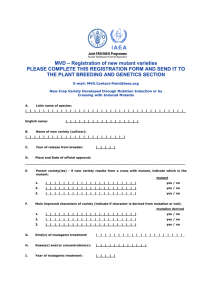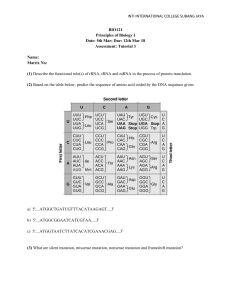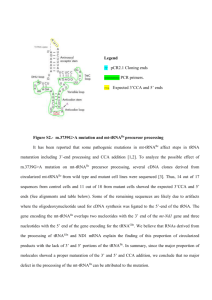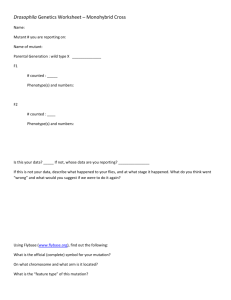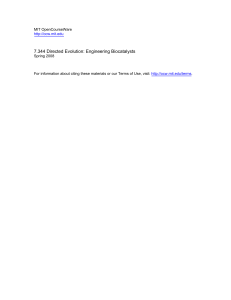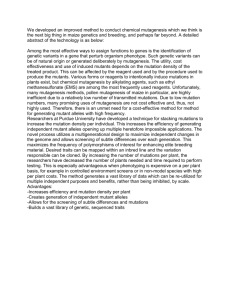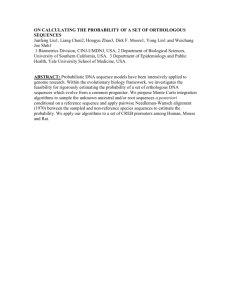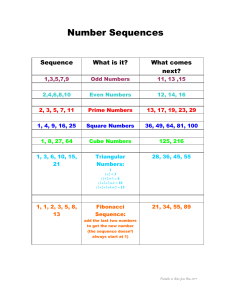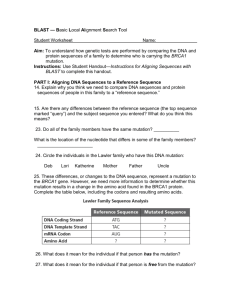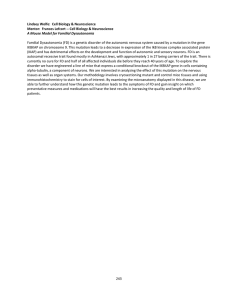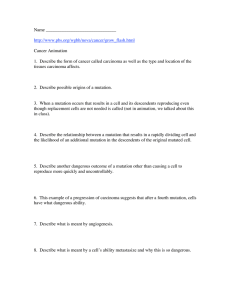instruction-for-a-lab-report
advertisement
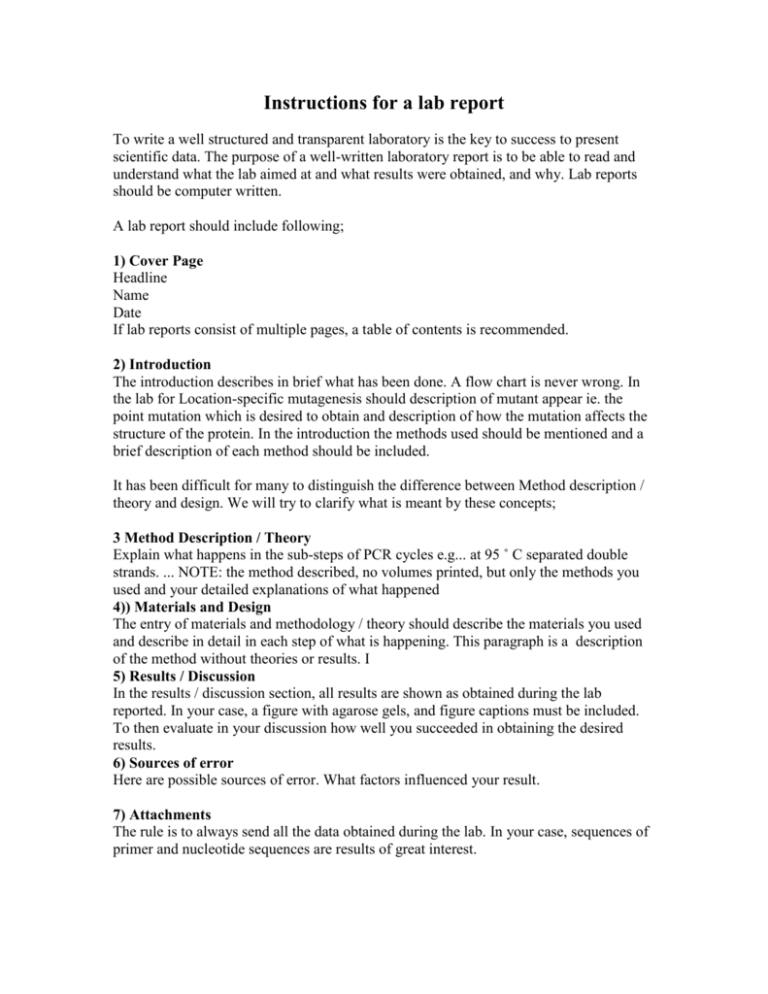
Instructions for a lab report To write a well structured and transparent laboratory is the key to success to present scientific data. The purpose of a well-written laboratory report is to be able to read and understand what the lab aimed at and what results were obtained, and why. Lab reports should be computer written. A lab report should include following; 1) Cover Page Headline Name Date If lab reports consist of multiple pages, a table of contents is recommended. 2) Introduction The introduction describes in brief what has been done. A flow chart is never wrong. In the lab for Location-specific mutagenesis should description of mutant appear ie. the point mutation which is desired to obtain and description of how the mutation affects the structure of the protein. In the introduction the methods used should be mentioned and a brief description of each method should be included. It has been difficult for many to distinguish the difference between Method description / theory and design. We will try to clarify what is meant by these concepts; 3 Method Description / Theory Explain what happens in the sub-steps of PCR cycles e.g... at 95 ˚ C separated double strands. ... NOTE: the method described, no volumes printed, but only the methods you used and your detailed explanations of what happened 4)) Materials and Design The entry of materials and methodology / theory should describe the materials you used and describe in detail in each step of what is happening. This paragraph is a description of the method without theories or results. I 5) Results / Discussion In the results / discussion section, all results are shown as obtained during the lab reported. In your case, a figure with agarose gels, and figure captions must be included. To then evaluate in your discussion how well you succeeded in obtaining the desired results. 6) Sources of error Here are possible sources of error. What factors influenced your result. 7) Attachments The rule is to always send all the data obtained during the lab. In your case, sequences of primer and nucleotide sequences are results of great interest.

